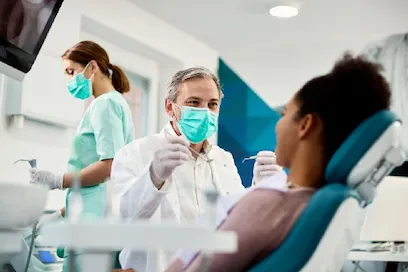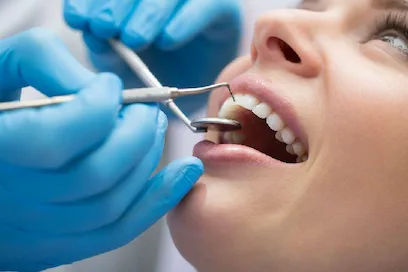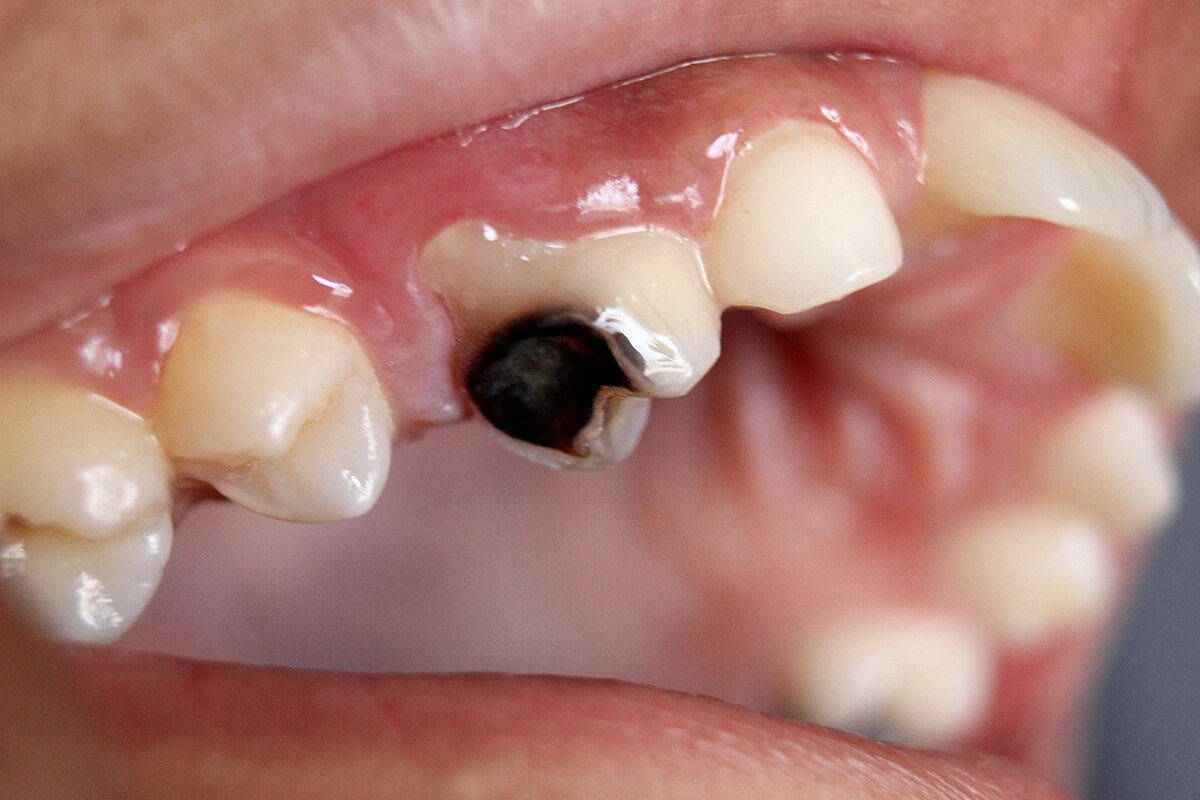Tooth pain can strike unexpectedly, turning everyday activities like eating or even speaking into a painful ordeal. If you’ve ever experienced sudden tooth pain, you know how uncomfortable and concerning it can be. The causes can range from something minor to more serious dental issues. Understanding the possible reasons behind the pain is the first step toward finding relief. Here are the most common causes of sudden tooth pain and what you can do about them.
1. Tooth Sensitivity
Sudden pain, especially when consuming hot, cold, or sweet foods, is often due to tooth sensitivity. This occurs when the protective enamel wears down or gums recede, exposing the underlying dentin. Common triggers include:
- Brushing too hard.
- Using abrasive toothpaste.
- Teeth grinding (bruxism).
What to Do: Switch to a toothpaste designed for sensitive teeth and use a soft-bristled toothbrush. If the pain persists, consult your dentist for possible treatments like fluoride applications or bonding.
2. Dental Cavities
A cavity is one of the most common culprits of sudden tooth pain. As decay progresses, it can expose the tooth’s inner layers, causing sharp or throbbing pain. Cavities may go unnoticed until they reach deeper into the tooth.
What to Do: Visit your dentist promptly for an examination and treatment. Depending on the severity, you might need a filling, crown, or root canal.
3. Gum Disease
Gum disease, such as gingivitis or periodontitis, can lead to sudden tooth pain. When gums become inflamed or infected, they may recede, exposing sensitive tooth roots. In advanced cases, gum disease can cause abscesses, leading to intense pain.
What to Do: Maintain proper oral hygiene and schedule regular dental cleanings. For advanced gum disease, your dentist may recommend scaling, root planing, or other periodontal treatments.
4. Cracked or Fractured Teeth
A crack or fracture in a tooth can cause sudden, sharp pain, especially when biting down. These can happen due to:
- Biting on something hard.
- Trauma to the mouth.
- Teeth grinding.
What to Do: Avoid chewing on the affected side and see a dentist immediately. Depending on the crack’s severity, treatment options may include bonding, a crown, or extraction.
5. Tooth Abscess
A tooth abscess is a bacterial infection that causes a pocket of pus to form near the root of the tooth. This can result in intense, sudden pain, often accompanied by swelling, fever, or a bad taste in the mouth.
What to Do: This is a dental emergency. Seek immediate treatment from your dentist, who may perform a root canal or recommend antibiotics to control the infection.
6. Sinus Infection
Surprisingly, a sinus infection can mimic tooth pain, particularly in the upper back teeth. This happens because the sinuses are located close to the roots of these teeth, and inflammation can create pressure.
What to Do: If you suspect a sinus infection, consult a doctor. Treating the infection with decongestants, nasal sprays, or antibiotics can relieve the tooth pain.
7. Teeth Grinding (Bruxism)
Grinding or clenching your teeth, often during sleep, can put excessive pressure on your teeth, leading to sudden pain or sensitivity. It can also cause jaw pain and headaches.
What to Do: Wear a night guard to protect your teeth and discuss stress management techniques with your dentist.
8. Impacted Wisdom Teeth
Wisdom teeth that don’t have enough room to emerge properly can cause sudden pain as they press against neighboring teeth or become infected.
What to Do: See your dentist for an X-ray to determine if extraction is necessary.
9. Loose or Damaged Dental Work
A loose crown, filling, or bridge can expose sensitive areas of the tooth, leading to pain when chewing or drinking.
What to Do: Contact your dentist to repair or replace the damaged dental work.
10. Food Stuck Between Teeth
Sometimes, something as simple as food debris lodged between teeth or along the gumline can cause sudden pain or discomfort.
What to Do: Floss gently to remove the debris. If the pain doesn’t subside, consult your dentist to rule out other issues.
When to See a Dentist
While some cases of tooth pain may resolve on their own, it’s essential to see a dentist if:
- The pain lasts more than a day or two.
- You experience swelling, fever, or difficulty swallowing.
- The pain is severe or keeps returning.
Final Thoughts
Sudden tooth pain is your body’s way of signaling that something isn’t right. Ignoring it can lead to more serious issues, so don’t delay in seeking professional care. Whether it’s a simple case of sensitivity or a more severe problem like an abscess, a dentist can provide the relief you need.
Have you experienced sudden tooth pain? Share your story or tips for managing toothaches in the comments below!






